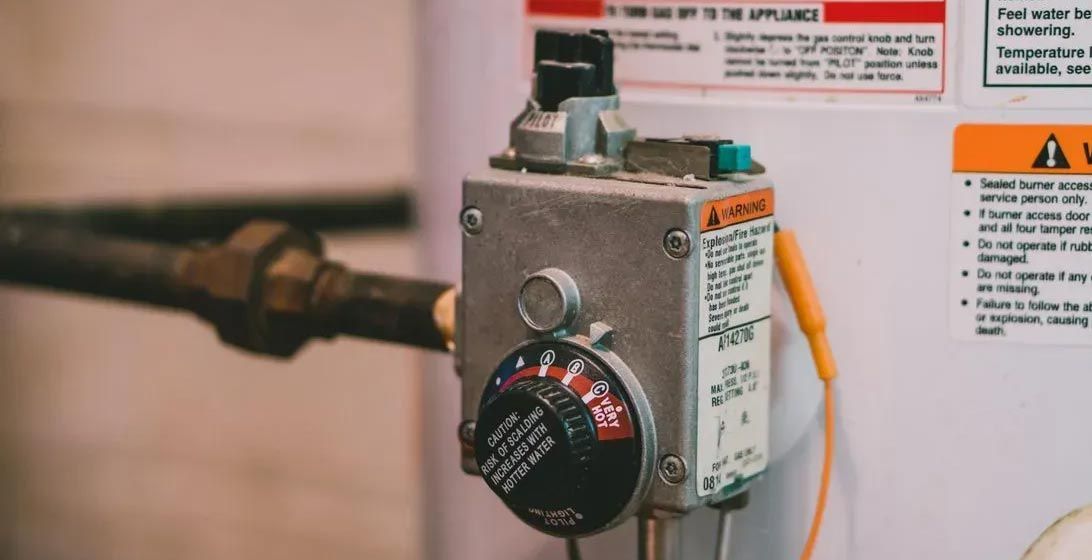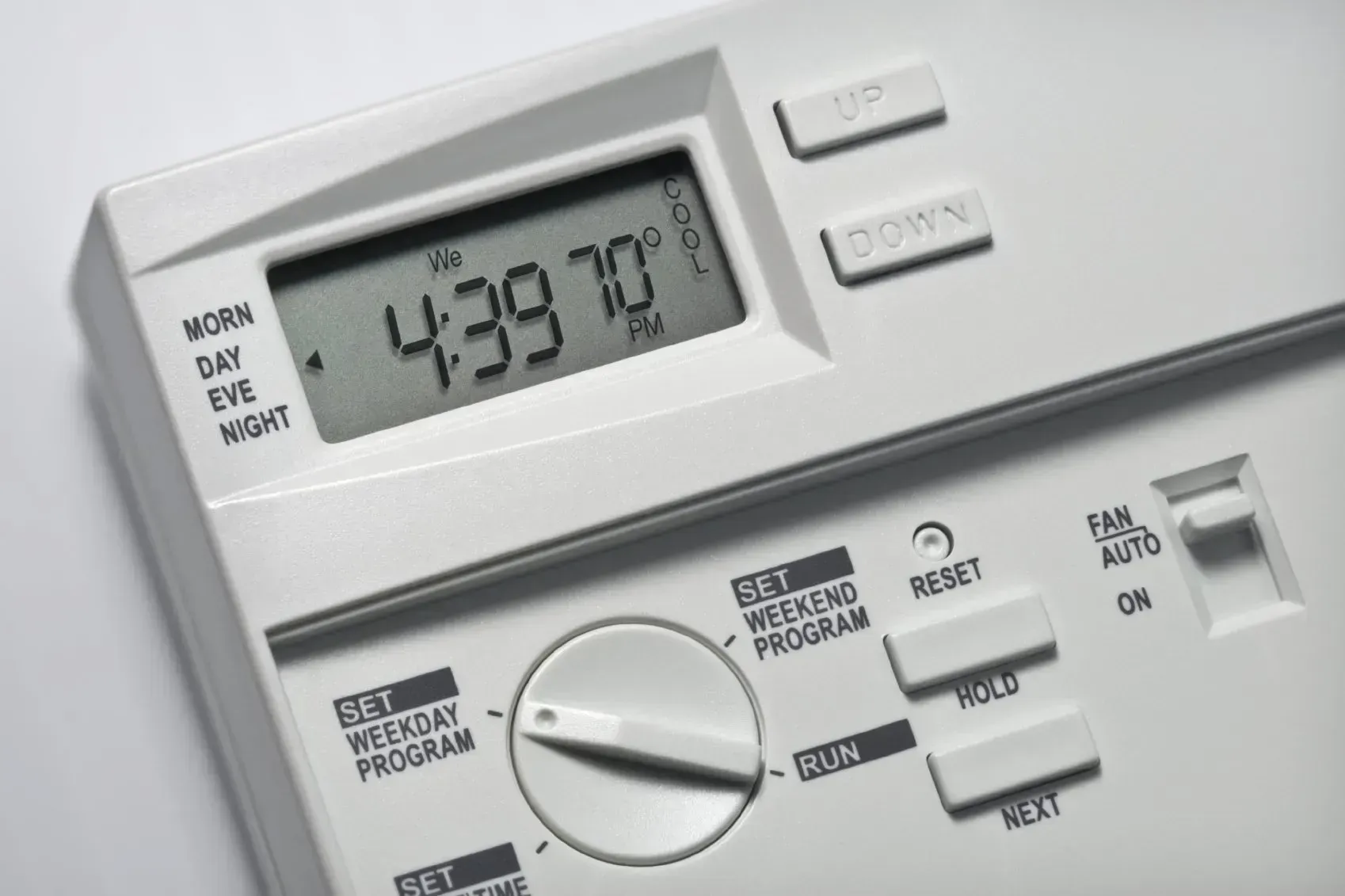We are License & Insured
License: TACLA86646C
SEND US AN EMAIL
sales@arnettmechanical.com
7 Easy And Free Ways To Save Money On Your Gas, Electric And Water Bills Now
Reducing your utility bills has never been so quick and simple.
The average family spends $126.65 (PDF) per month on their electric bill. That adds up to more than $1,500 per year. And when money is tight, reducing your electricity bill is one of the quickest ways to save each month. But if you're like many people, you may not be sure how to do that. After all, we all have to use electricity, right? We've rounded up a few of the best free ways to reduce energy consumption and save money on your electric bill right now (as well as a couple of bonus tips to save on gas and water bills).
ricity auditRequest an electricity audit
Even if your electric company doesn't provide this service, you can easily perform a DIY home energy audit using the US Department of Energy website's instructions.
Change your thermostat setting
One of the simplest ways to reduce your electricity bill is to adjust your thermostat. According to the Department of Energy, you can save as much as 10% on your heating and cooling costs by adjusting your thermostat by 7 to 10 degrees for eight hours per day. In other words, keep it a bit warmer in the summer and a bit cooler in the winter. A simple way to do this is to adjust your thermostat when you're either asleep or away from home. If you have a smart thermostat, you can preset your thermostat to adjust during these hours so you don't forget.
Turn down your water heater
Many water heater manufacturers set thermostats at 140 degrees. But in reality, most households only need it set at a maximum of 120 degrees. This unnecessarily higher setting can result in hundreds of dollars in losses. By adjusting the temperature of your water heater, you can reduce these losses. The thermostat dial on your water heater is likely near the bottom of the tank on the electric or gas control valve. Be sure to check the owner's manual for instructions to adjust it -- and if you have any questions, consult a professional technician.

Turn off and unplug what you aren't using
By leaving things around your house plugged in and turned on when you aren't using them, you're driving up your electric bill unnecessarily. You can start by turning off lights when you aren't in the room or when it's light enough outside to rely solely on natural light. Lightbulbs consume 4 cents per hour for 40 watts, and it only increases with the wattage of the bulb. And while it doesn't seem like much savings, it can certainly add up over time.
You can also save money by unplugging appliances you aren't using. Phantom energy, the energy your appliances use when they're plugged in but not turned on, can cost an average of $100 per year.
ricity auditRequest an electricity audit
Even if your electric company doesn't provide this service, you can easily perform a DIY home energy audit using the US Department of Energy website's instructions.
Use your dishwasher
It might sound counterintuitive to suggest running an appliance to save on your electricity bill. And yes, there was a time where dishwashers used far more water than they do today. But the Department of Energy regulates how much water modern dishwashers can use. Any dishwasher manufactured since 2013 is limited to using 5 gallons of water. If it's a compact size dishwasher, it's limited to 3.5 gallons. You might think that surely you use less than 5 gallons of water to hand-wash your dishes. But the US Geological Survey estimates that it takes anywhere from 9 to 27 gallons of water to hand-wash a load of dishes.
Take advantage of off-peak rates
Electricity use tends to be higher during certain times of the day and the year. First, demand is higher in the winter and summer when people are running heaters and air conditioners. It's also higher during the daytime and evening hours. Some electricity companies offer time-of-use plans, increasing rates during peak hours and decreasing them during off-peak hours. If you have one of these plans, you can save money by running large appliances like your dishwasher and washing machine early in the morning or late at night.
SEE MORE IN ENERGY AND UTILITIES
Change your air filters
Your air filter helps to catch any dirt, dust, pet hair and more, preventing it from making its way into your HVAC. When you don't change your air filters regularly enough, this debris gets into your HVAC system and bogs it down, reducing its efficiency. According to the Department of Energy, replacing your filters on schedule can lower your air conditioner's energy consumption by anywhere from 5% to 15%.
Next steps
There are many steps, big and small, that you can take to reduce your consumption and save money on your bills. The
Department of Energy has an entire section of its website devoted to providing tips to help you save on energy. And while plenty of them come with a price tag, there are many more just like those on this list that you can do for free.
First published on March 8, 2021 at 5:00 a.m. PT.
RELATED POST:



STAY UPDATED
Stay updated to receive latest news & updates.
Newsletter Subscription
We will get back to you as soon as possible.
Please try again later.
All Rights Reserved | Arnett Mechanical | Website created by: TrueDigital Marketing














